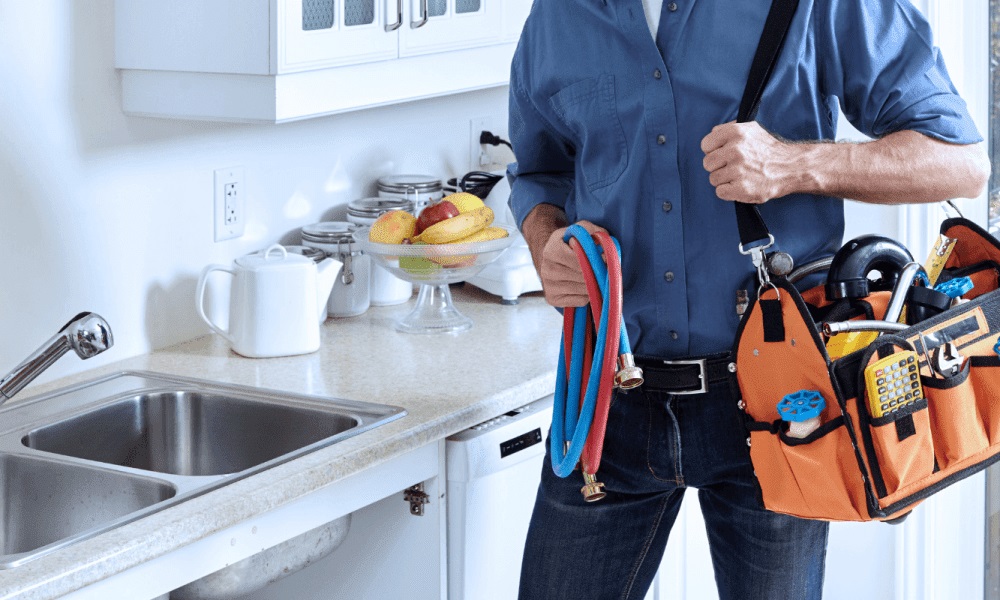A functional plumbing system is essential for every home. However, plumbing issues happen when we least expect them. Some common problems include leaky pipes, clogged drains, low water pressure, and sewer backups. If not addressed promptly, these issues cause extensive damage to your home. As a homeowner, you take several precautions to prevent plumbing disasters and keep your family safe.
Main water shutoff valve
Home has a main water shutoff valve located where the water line enters the home. Familiarize yourself with the exact location of this important valve. In the event of a burst pipe, leak, or other water emergency, you may need to shut off the water supply quickly to prevent flooding and water damage. Make sure the valve is fully accessible and operational. Turn it periodically to prevent it from seizing up. Tag it with a label so it’s easy to find in an emergency.
Have a professional inspect the annually
The DIY maintenance helps spot minor issues; it’s wise to have your entire plumbing system inspected each year by a professional plumber Bondi Junction. A licensed plumber has the expertise, equipment, and training to conduct a thorough inspection and test for problems you may miss. They check water pressure, pipe integrity, fixture functionality, and sewer line blockages. Annual inspections reveal issues like silent leaks, decayed pipes, and root intrusions before they turn into plumbing emergencies. It’s a small price to pay for peace of mind.
Use hair catchers and strainers
Strands of hair, bits of food, and other debris quickly accumulate and clog drains. Installing hair catchers and strainers prevents this problem. Hair catchers collect loose strands before they go down the drain. Shower and sink drain strainers catch food scraps and particles. Use basket strainers in sinks rather than closed pop-up stoppers. While not foolproof, strainers and catchers help minimize drain clogs and keep water flowing freely down the drain. They are easy to clean out as needed.
Grease or hazardous chemicals
What we put down the drain has negative consequences over time. Grease, fats, and oils stick to pipe walls and accumulate into major blockages. Hazardous chemicals from cleaners and solvents corrode and eat away at pipes. Avoid pouring grease down sinks. Instead, collect cooled grease in containers and dispose of it in the trash. Use less-toxic drain cleaner alternatives whenever possible. Dispose of chemicals, paints, and solvents properly rather than dumping them in drains. A little caution helps preserve your plumbing.
Watch out for root damage
Tree roots growing near underground sewer lines and septic systems often seek out the small cracks and crevices around pipes. As the roots grow larger, they exert pressure and break pipes, leading to leaks, backups, and blockages. Homes with large trees growing in the yard are particularly prone to this issue. Prevent root damage by having a professional plumber inspect your sewer line annually for signs of root intrusion or cracks. You may need to have the line cleared or choose sewer replacement as a solution.

